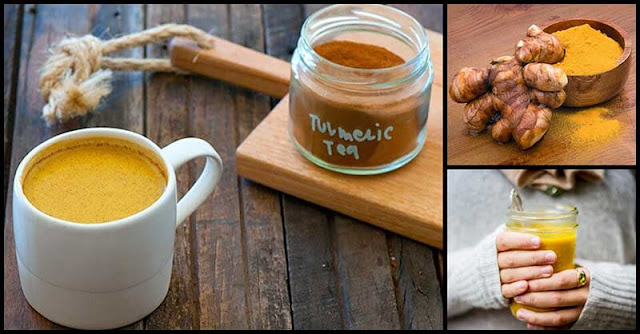Turmeric is that yellow spice in our pantry that we often use in cooking flavourful curries and other savory dishes Aside from culinary purposes, turmeric has been used for thousands of years for its medicinal, antioxidant, and anti-inflammatory properties.
According to a review in the book Herbal Medicine: Biomolecular and Clinical Aspects, 2nd Edition, many people have turned to turmeric to over the centuries to aid digestion, relieve symptoms of arthritis, and increase overall energy. Moreover, in a review published in the journal Evidence-Based Complementary Alternative Medicine, results suggested that the anti-inflammatory and antioxidant properties of curcumin, the active component of turmeric, may help prevent diabetes by lowering blood sugar, improving insulin resistance, and reducing levels of fat in the blood.
In addition to these effects, there were also studies showing how this golden-yellow spice may even help improve asthma symptoms.
Researches from India conducted a study involving 77 patients with mild to moderate bronchial asthma. They aim to investigate the effectiveness of curcumin as an add-on therapy for patients with bronchial asthma. For the study, patients were asked to take 500 milligrams (mg) of curcumin daily for 30 days alongside their regular medications. At the end of the study period, results showed that supplementation of curcumin can help relieve airways obstruction and improve the amount of air being exhaled in a second.
Researchers wrote that:
“There was also a significant improvement in the hematological parameters, and [the] absence of any clinically significant adverse events indicates dependable safety profile of curcumin capsules, though there was no apparent clinical efficacy.”
Based on the results, researchers concluded that curcumin is a safe and effective add-on therapy for the treatment of bronchial asthma. Curcumin may help people with asthma breathe better, though it didn’t have any effect on asthma symptoms like chest tightness, coughing, and wheezing.
The results of this study were published in the August 2014 issue of the Journal of Clinical and Diagnostic Research.
Experts claimed that these anti-asthma effects of turmeric were mainly due to the anti-inflammatory and antioxidant properties of its active compound curcumin. This potent component helps lower down the production of pro-inflammatory chemicals and prevents the migration of immune cells to the inflammation site thus improving asthma symptoms, as well as preventing diseases like cancer, Alzheimer’s, and heart diseases.









